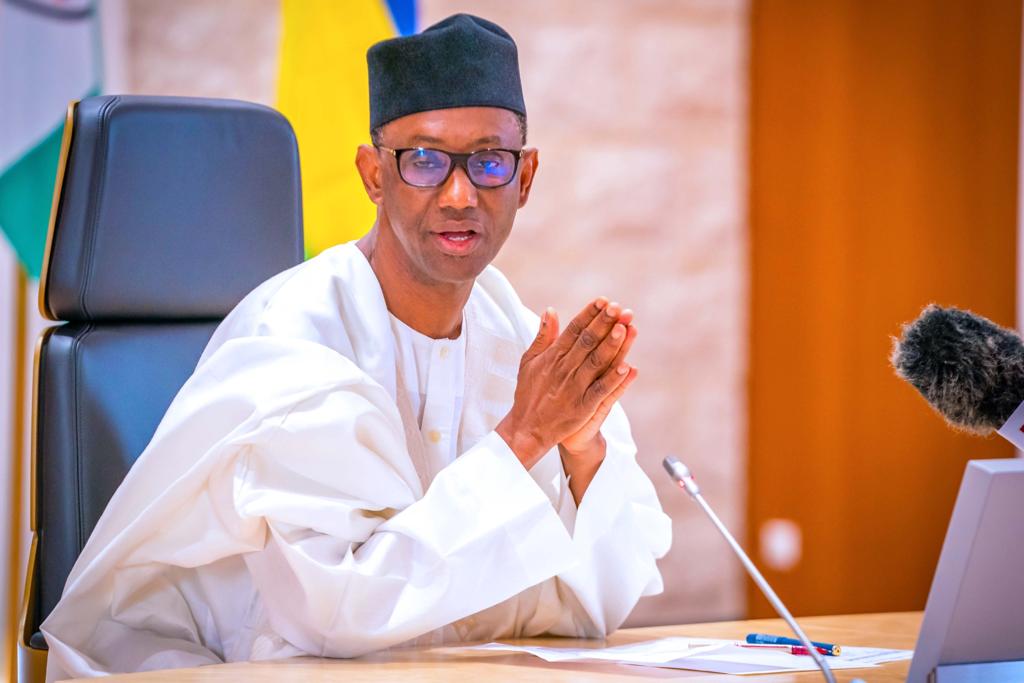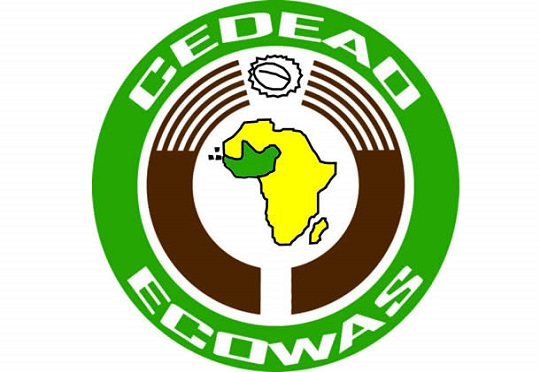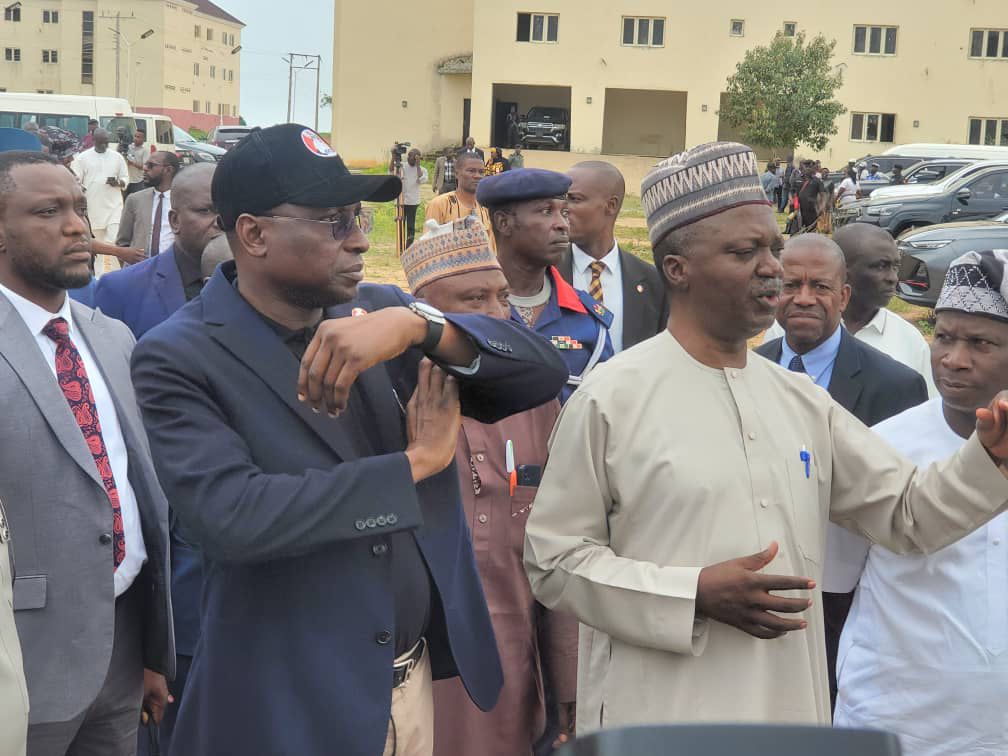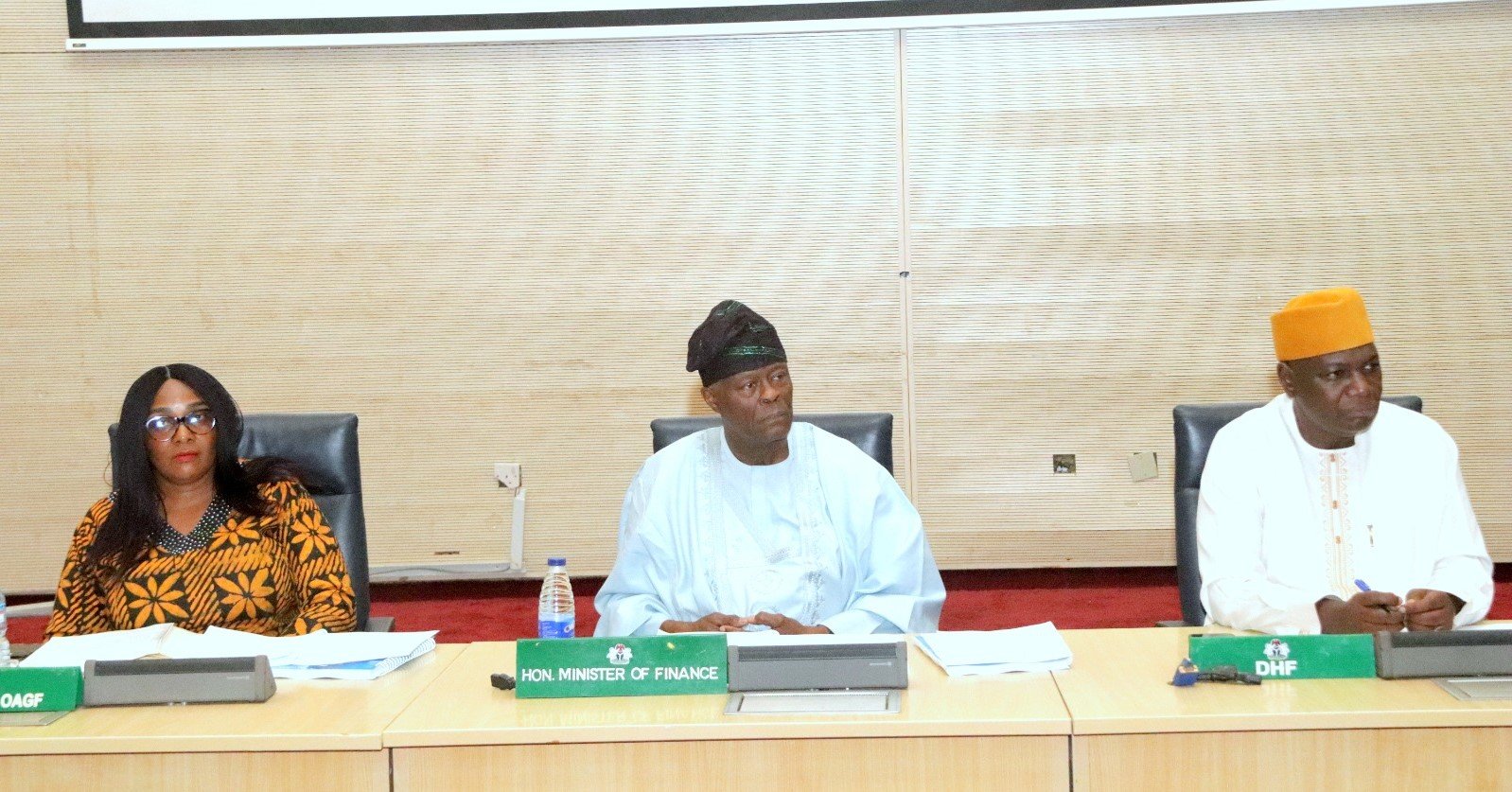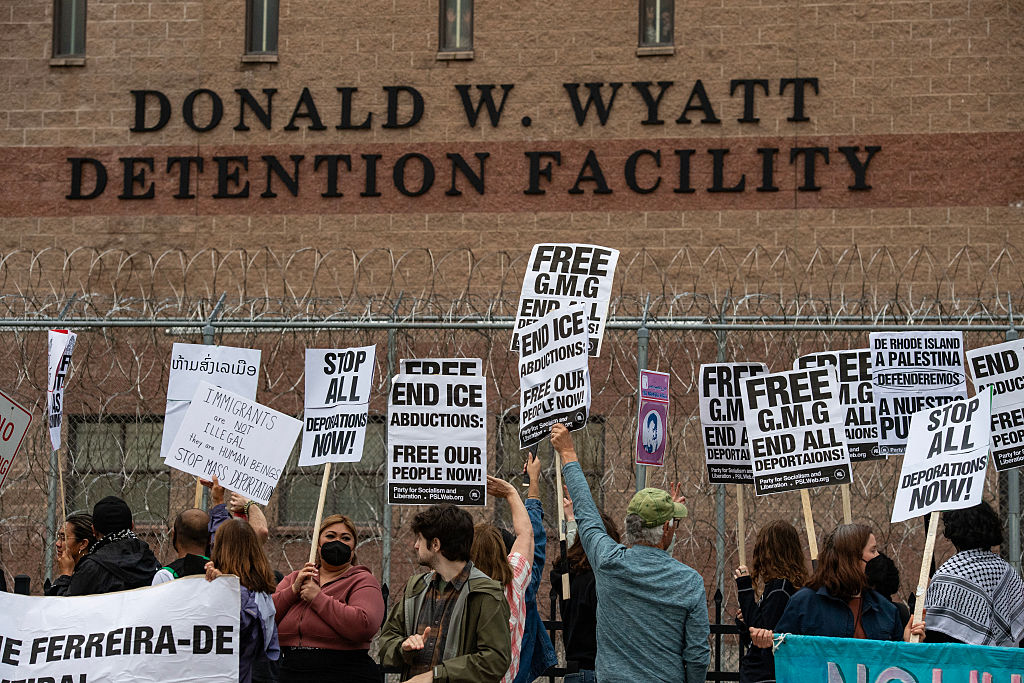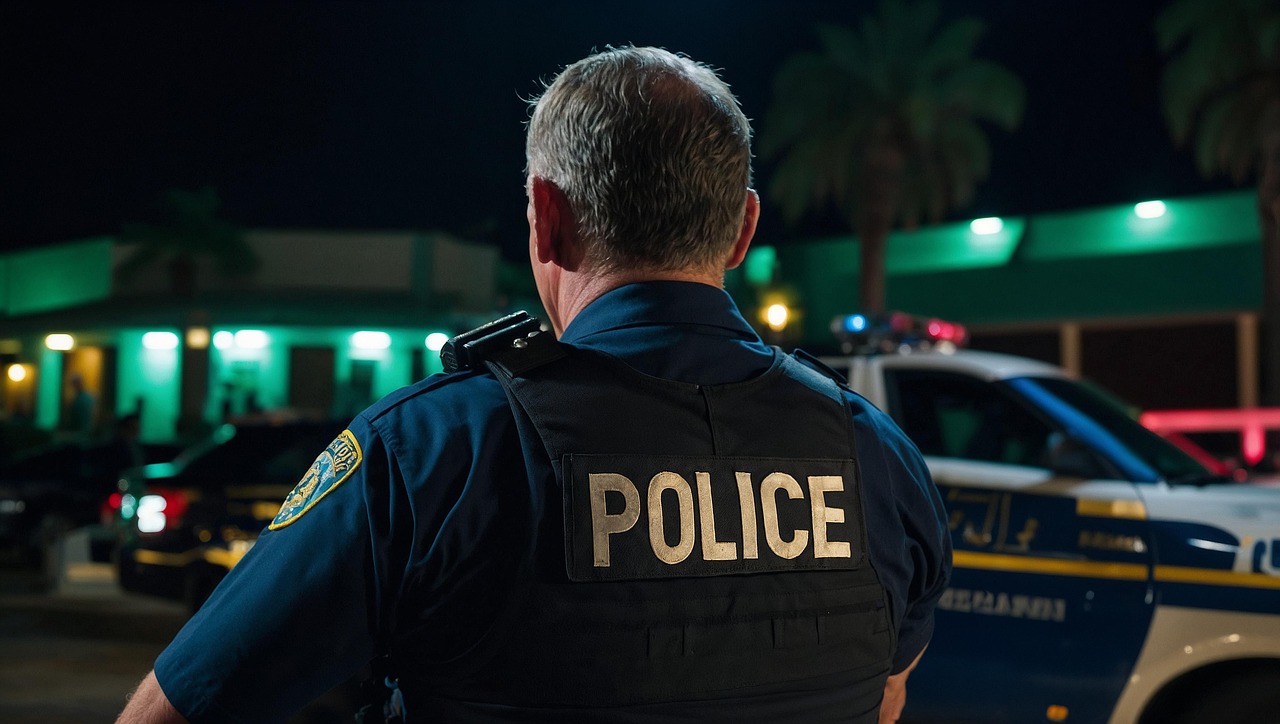EU, Nigeria Deepen Collaboration in Fight against Transnational Crimes - THISDAYLIVE
in Abuja
The European Union (EU) and the Federal Ministry of Justice yesterday deepened collaborative efforts against transnational crimes by smoothening legal processes for the investigation, arrest and prosecution of international criminals.
Speaking at a one-day High Level Meeting which was held in Abuja, the Vice President of Eurojust (the European Union Agency for Criminal Justice Cooperation), Mr José de la Mata Amaya, noted that crime is borderless, and as such would require effective collaboration among states and agencies to put criminals behind bars.
The meeting which was hosted by the Federal Ministry of Justice, had in attendance the EU Ambassador to Nigeria and ECOWAS, Ambassador Gautier Mignot, representatives of the United Nations office on Drugs and Crimes (UNODC), other agencies for the prosecution of crime, representatives of the EU Delegations to Nigeria.
Eurojust, is an agency of the European Union for international legal cooperation in criminal matters and is integrated by judges and prosecutors, whose task is to provide assistance, support, facilitate criminal cases, and criminal investigations that are handled by judges and prosecutors in the European Union.
Commenting, Eurojust Vice President expressed strong belief that nations can achieve a lot and move faster when they work together in eradicating trans-border crimes.
“Nigeria needs the support and assistance in the cases with the member states of the European Union, and indeed the member states of the European Union also need to strengthen and to enhance their cooperation with the authorities of Nigeria”, he said.
The VP disclosed that as part of efforts to realise the goals of such cooperation the EU and Nigeria signed a working arrangement; a strategic document that will pave the way towards reinforced cooperation.
“Maybe in the future it will allow us to sign an international agreement with the European Union and the authorities, the government of Nigeria, and for the time being we ask to know better each other, to define which best practises are to enhance this cooperation, to identify also challenges, issues or problems that may exist in the member states where we are assisting the Nigerian authorities, but also in Nigeria where they assist the member states.
“And the main aim of this endeavour will be to improve the number of cases that we have together, because that will mean that we are providing more assistance to the judges and prosecutors in the member states and also in Nigeria when it comes to their trans-border investigations.
“We have reached a conclusion and we know for sure that if you want to do something, you can do it alone, but if you want to go farther, you have to go in a team.
“And that’s what we want to achieve with this working arrangement, to work like a team, respecting of course all the international conventions, multilateral and bilateral, that are in place when it comes to international legal cooperation, and respecting of course the guarantees and rights of the person under investigation, but together as a team, as colleagues, doing that we will achieve a criminal justice goal that is finally our very common goal”, he added.
Meanwhile, EU Ambassador to Nigeria and ECOWAS, Mignot, described the meeting as a strong expression of the joint willingness from Nigeria on the one hand, and the UN agencies on the other, to fight crime, in particular transnational organised crime, in a more coordinated and efficient way.
He thanked the UNODC, which he noted has been a very instrumental organisation in helping to start this cooperation and also facilitating its implementation.
Earlier, the Solicitor-General of the Federation and Permanent Secretary of the Federal Ministry of Justice, Mrs Beatrice Jeddy-Agba, observed that the meeting was a follow up on the working agreements signed between the EU and Nigeria in 2023.
“This arrangement is primarily aimed at strengthening our joint efforts against transnational organised crimes, with particular focus on enhancing seamless judicial cooperation across international borders in the interest of international criminal justice”, she said.
She added that judicial cooperation is invaluable in helping countries resolve cases that may otherwise have failed due to jurisdictional issues as well as insufficient grounds for advancing the request.
The SGF however disclosed that in the coming days, the EU and Nigeria will open dialogue towards a better understanding of each other’s systems, identify challenges and areas where collaboration can deepen or become more effective.
“We hope that this will broaden our collective vision and illuminate pathways for reinforced cooperation in international criminal justice matters between Nigeria and the European Union.
“We hope also that we are able to achieve our goal of practically implementing the working arrangement, hoping that it operates smoothly and efficiently for the effectiveness of tackling criminal activities between Nigeria and Europe, among others”, she added.

